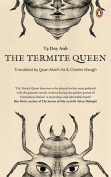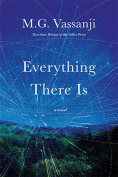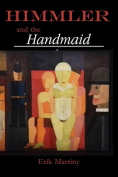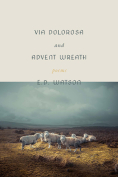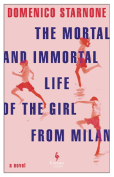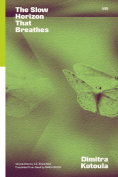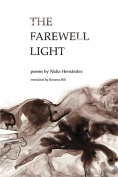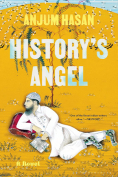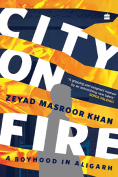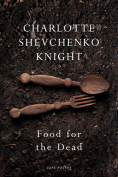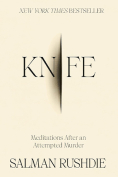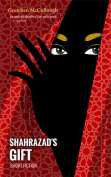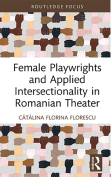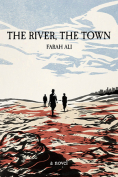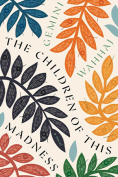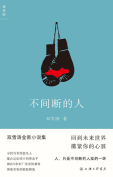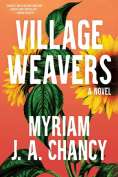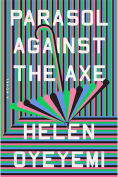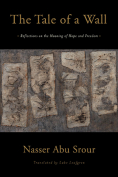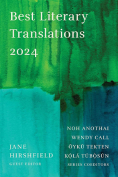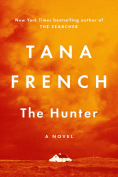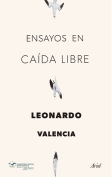Untold Lessons by Maddalena Vaglio Tanet
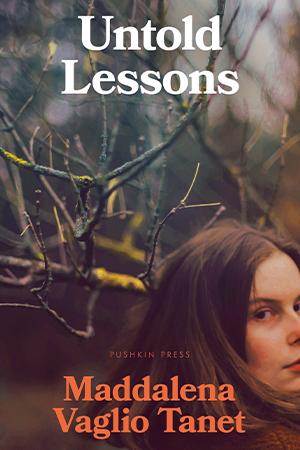 London. Pushkin Press. 2024. 272 pages.
London. Pushkin Press. 2024. 272 pages.
So many writers have presented Red Riding Hood’s journey through the woods as an analogy for female adolescence that the forest has become an established trope for the wilderness of puberty. The most notable example is Angela Carter’s The Company of Wolves, where Little Red dons the cap of menstrual blood and jaunts along the path of knowledge to an awakened (and hungry) sexuality.
Maddalena Vaglio Tanet’s Untold Lessons is the latest novel to draw from this fairy-tale legacy: her forest is “the first labyrinth” children encounter on their journey to adulthood. It’s “forbidden and dangerous. An ancient, carnivorous place where there are wolves, where children lose their way.” However, far from being unoriginal, Tanet manages to rework this well-trodden symbolism to make astute observations on gender roles and misogyny in 1970s Italy.
When eleven-year-old Giovanna commits suicide in the small Italian village of Bioglio, her bereft teacher, fortysomething Sylvia, disappears into the forest where, she hopes, no one will find her. These physical woods serve as a twin to the psychological forest Giovanna is entangled in before her death. Developing prematurely, Giovanna becomes overwhelmed by the conflicting emotions of a newly hormone-seeped body and the attention it receives. The novel sensitively captures the uncanny experience of finding one’s body has become unfamiliar, a sensation much akin to wandering in a dark forest without a compass.
For Sylvia, however, the forest doesn’t stand for the feral landscape of sexuality but, rather, decomposition into an impersonal asexuality, the disintegration of a self defined by social constructs and feminine ideals into a body at one with the apathy of nature. “She wants to lose substance, slowly break down,” writes Tanet. While intended as a form of self-flagellation, to atone for what Sylvia feels was a failure to protect her pupil, her disappearance is also an escape from society’s constant objectification and policing of the female body. By banishing herself to the heart of the woods, Sylvia becomes the fairytale witch, mythical, liberated from the need to conform. But will she ever return home?
Around the central dynamic of teacher and student is a collage of characters who are all in some way affected by the crisis that occurs in their community. The gravity of the girl’s suicide brings to the surface many recollections of how World War II decimated Italy. Memories of the war starkly juxtapose melodic descriptions of nature, implying the unnaturalness of society’s power dynamics and their devastating consequences.
Untold Lessons is a beautifully crafted feminist fable that not only confronts patriarchy but also raises the question of whether one can ever fully escape the trauma, alienation, and guilt that come with possessing a human form. (Editorial note: Read Irene Bulla’s interview with the author from this same issue.)
Kaya Purchase
Wirral, UK


